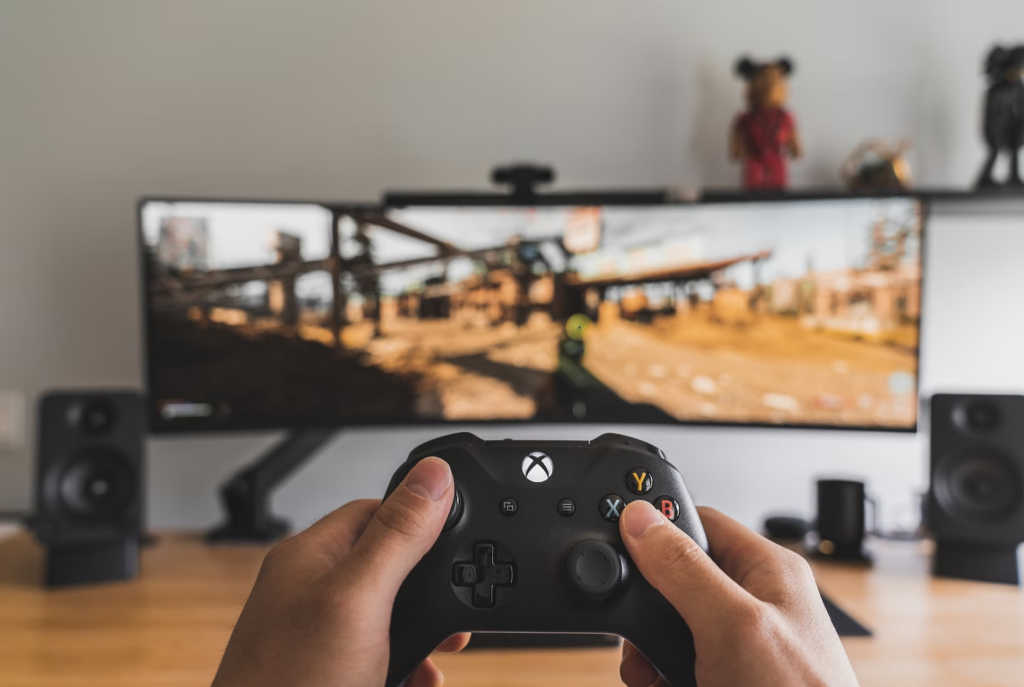Why You Should Play Video Games If You Want To Preserve Your Memory
A study conducted at the University of California revealed evidence that suggests older adults who play video games specifically designed to enhance cognitive function helped those adults to retain better long and short-term memory abilities.
This article is more than 2 years old
Older generations have been complaining about the younger generation’s habits and their effects for decades. Things like loud music and bad fashion choices have always been hot topics to complain about. Another favorite, in the last few years, has been video games. Video games have always been known as something that will negatively affect your brain and give you “square eyes” and glasses, but what if that is not the case?
Studies have shown that while there is some risk to playing video games over extra-long periods, it can provide players with cognitive and motor benefits when used in a medical setting. Virtual reality video games have been used to help in the training of numerous surgeons. It has been found to be 230% more effective than traditional training methods. Children’s hospitals have also used them to help with social and emotional trauma.
Studies are now being conducted to determine if aging adults can use video games to improve their brain function. The University of California has found that specially designed video games can enhance cognitive development like short-term memory, attention, and long-term memory. If studies can prove that indeed these video games can help, they would be a tremendous non-invasive medical treatment for aging adults.
One of the specially designed games is a musical rhythm game. The research from using this game reported that 47 non-musicians with an age range of 60-70 years old had improved their musical ability and the ability to remember different faces.

These participants had their short-term memory tested before the eight-week musical training began. Brain activity was also recorded before and after. It showed that the training improved face memory, which is linked to retaining attention and encoding visual information. It improved the encoding of information into memory and the process of retrieving that memory as well.
Other research involving different video games has reached similar conclusions. Various video games have helped the cognitive and motor functions in older adults, but it has also improved blood pressure, balance, long-term memory, and attention.
There have been developments in using video games for children with attention deficit disorders such as ADHD, and the first game has been approved by the Food and Drug Administration (FDA). Especially for kids, it delivers brain training to them in a fun and relaxed manner, making them more susceptible to retaining the process they have just learned. It is a very accessible way to help people.
More research is exploring alternative ways of helping people discover or rediscover areas of themselves that they may have lost through a disorder, disease, or old age. If processes like video games can help adults and kids have a better, less stressful life, then it is research that is valuable to all people. Not only do the patients receive excellent results, but their loved ones also reap the benefits. Historically, rebellious teenagers may have used video games, but there might be a place for them in alternative therapies. Something that sounds very promising for all.









